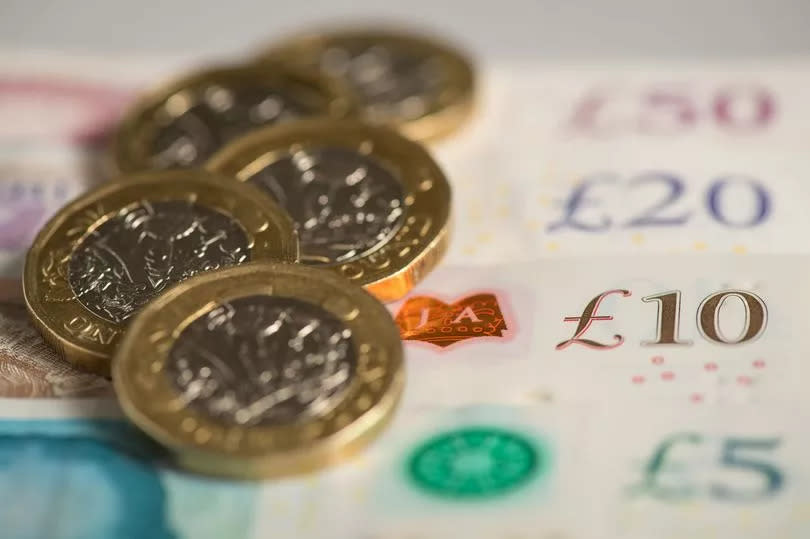Seven money changes coming in July including PIP and DWP

Seven key money and Department for Work and Pensions (DWP) changes are coming in July. The seventh month of the year will see changes to everything from energy bills to benefits, reports BirminghamLive.
UK households are being warned to brush up on the money and cash changes which are imminent. DWP benefits include Attendance allowance and Carer's allowance as well as Child benefit and Disability living allowance.
Other benefits paid out by the DWP monthly include Employment and support allowance, Income support and Jobseeker's allowance. Pension credit and Personal independence payment (PIP) are also paid out, as are State pension, Tax credits and Universal Credit.
Read more: DWP outlines five common conditions that could qualify you for a weekly £184 PIP payment
Read more: Four DWP benefits not increasing in June despite widespread boosts for millions
Energy bills to fall - July 1
The energy price cap in Great Britain will fall seven per cent to the equivalent of £1,568 a year this summer after a drop in wholesale gas prices. Set by the energy regulator Ofgem, the cap reflects the average annual dual-fuel bill for 29m households.
It takes effect from July until the end of September. Set quarterly, the cap will fall by £122 next month.
General Election - July 4
A General Election is coming and means a raft of changes for UK finances. Labour will maintain Conservative plans for income tax thresholds to remain frozen if it wins the election, the shadow business secretary has said.
Inflation - July 17
In the UK, the main measure of inflation is the Consumer Price Index. The Office for National Statistics (ONS) releases this once a month.
The first five inflation readings of the year (covering January, February, March, April and May) were released on February 14, March 20, April 17, May 22 and June 19. These are the dates for the rest of 2024:
July 17 (covering June)
August 14 (covering July)
September 18 (covering August)
October 16 (covering September)
November 20 (covering October)
December 18 (covering November)
No inflation change - whole month
The Bank of England's Monetary Policy Committee meets eight times a year to set the base rate. This takes place roughly every six weeks. The meetings usually happen the day before the interest rate announcement.
The first, second, third and fourth interest rate announcements of the year took place on February 1, March 21, May 9 and June 20. The remaining four meetings will take place on the following dates:
August 1
September 19
November 7
December 19
Benefit payments - whole month
There are no bank holidays in July meaning that state benefits will be sent out as normal. The next changes to payment dates will be in August when there is a bank holiday, meaning millions of claimants will get their benefits earlier due to offices and helplines being closed.
PIP consultation ends - July 22
The government has launched a public consultation into its proposals for Personal Independence Payment (PIP). PIP helps working-age adults cover the extra living costs that come with health conditions and disabilities.
The UK government is responsible for PIP in England and Wales, while the devolved governments of Northern Ireland and Scotland (Adult Disability Payment) handle their versions of the benefit separately.
Everyone in the UK is welcome to share feedback by July 22, 2024. You don't need to give your name or any other personal details to take part. The government has published a green paper which details the proposed changes to the PIP assessment process, eligibility criteria and the type of support it plans to offer.
Payment on account deadline - July 31
Self-employed people need to make advance payments towards their tax bill by this date.

 Yahoo News
Yahoo News 
